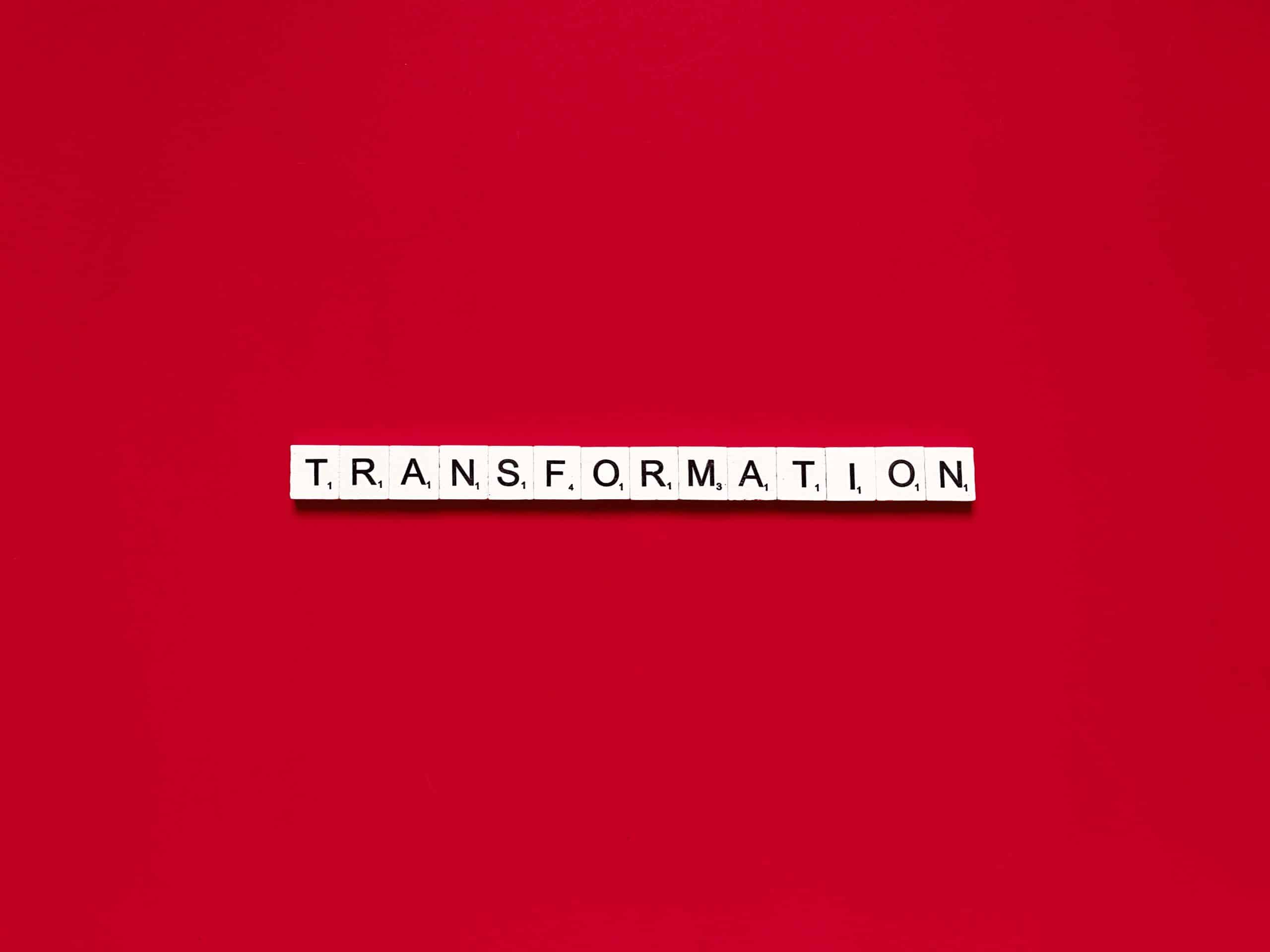As the world emerges from the grip of a global pandemic, the commercial real estate market is grappling with a seismic shift in demand that has seen remote work drive a decline in office space needs. With thousands of square feet of prime commercial space standing idle, property owners are eyeing the more resilient residential sector as a viable alternative for their investments. But what are the long-term prospects for converting commercial units into residential properties? Will this strategy offer a sustainable return on investment (ROI) in post-pandemic cities? Let’s explore.
The Rise of Remote Work and its Impact on Commercial Real Estate
The pandemic-induced lockdowns pushed companies worldwide to adopt remote work models. As you’ve likely noticed, many have continued to operate remotely even as restrictions have eased. This shift has significantly reduced the demand for office spaces, prompting a rethink in the commercial real estate sector.
Cela peut vous intéresser : What Are the Best Investment Opportunities in the UK’s Real Estate Crowdlending Space?
With fewer businesses seeking large physical office spaces, commercial property owners are now faced with a glut of idle spaces. In the United States alone, office vacancy rates hit a 22-year high in the third quarter of 2023. Moreover, according to property consultancy firm JLL, the amount of sublet office space available in the market has surged by over 40% from pre-pandemic levels.
This decline in demand for office spaces does not spell the end for commercial property investments, however. It merely signifies a transformative period that requires innovative solutions from stakeholders in the sector.
A lire aussi : How to Develop a Strategic Marketing Plan for Selling High-End Waterfront Properties?
The Appeal of Residential Conversion
In contrast to the struggling commercial sector, residential real estate has proved resilient during the pandemic due to consistent housing demand. The robust growth of the residential sector, coupled with the falling demand for office spaces, has made the idea of converting commercial units to residential properties an attractive proposition for many commercial property owners.
However, residential conversion is not just about flipping office spaces into apartments. It involves careful financial consideration, comprehensive understanding of zoning laws, and meticulous planning to ensure that converted spaces meet the needs and expectations of modern urban dwellers.
Nonetheless, the potential benefits of commercial-to-residential conversion are compelling. Such conversions can breathe new life into underutilized spaces, facilitate urban regeneration, and provide much-needed housing in city centers.
Assessing the ROI Prospects
So, is commercial-to-residential conversion a financially viable strategy for property owners? The answer depends on a variety of factors, including the location, the cost of conversion, and the potential residential rental or sales values.
In areas where residential demand is high and commercial rents are declining, the conversion can potentially offer a higher ROI. Data from real estate firm CBRE indicates that in some urban centers, residential rental rates have surpassed commercial rental rates, making conversion an attractive option.
Moreover, government incentives can also make conversions more appealing. For instance, in the UK, the government has simplified the planning process to encourage conversion of commercial units to housing, which can significantly cut conversion costs and boost ROI.
The Role of Retail in Commercial to Residential Conversion
Retail spaces, which have also been impacted by the growth of e-commerce during the pandemic, present another opportunity for conversion. Retail-to-residential conversions offer similar benefits to office-to-residential conversions, including revitalizing city centers and providing additional housing.
However, the retail sector faces unique challenges that need to be considered. For example, many retail properties are not ideally located or designed for residential use. Nevertheless, with careful planning and execution, these conversions can contribute positively to the urban housing supply and offer a viable ROI for property investors.
In conclusion, while the commercial property market is undergoing significant changes due to shifts in work and shopping habits, these changes present new opportunities for property investors. Converting commercial units to residential properties, whether they are office spaces or retail locations, can offer a potentially lucrative ROI in post-pandemic cities. However, each conversion project should be carefully planned and executed, considering many factors to ensure its success.
The Long-Term Sustainability of Residential Conversion
The long-term viability of converting commercial units to residential spaces will be dictated by several factors, primarily the continued prevalence of remote work and e-commerce. If these trends continue to dominate, the demand for residential real estate will likely remain high, while the need for commercial spaces may continue to decrease.
However, it’s also crucial to consider the adaptability of commercial spaces to residential uses. Not all commercial properties, especially office buildings, are suitable for conversion. The layout of an office building may not lend itself well to creating residential units, which often require different configurations and amenities. Similarly, some retail spaces might not be ideally located for residential use, as they may be situated in heavily commercial areas with insufficient access to schools, supermarkets, and other essential services for residential living.
In addition, policy changes can significantly impact the long-term prospects of this conversion strategy. If governments worldwide continue to simplify the planning and zoning regulations to facilitate commercial-to-residential conversions, it could provide a substantial boost to the strategy’s viability. In contrast, if regulations become more stringent, it may pose a significant hurdle.
Therefore, property owners should carefully consider these factors when deciding whether or not to convert their commercial properties into residential spaces. They should also be prepared for potential changes in real estate market trends and policies that could either enhance or diminish the return on investment.
Conclusion: Planning for the Future of Real Estate
In a post-pandemic world, the real estate industry is undoubtedly set for significant changes. Remote work has led to decreased demand for office spaces, pushing vacancy rates in commercial properties to record highs in the United States and other urban areas around the world. In contrast, the residential sector has shown resilience, driven by consistent housing demand in cities.
Commercial property owners looking to maintain or even increase their ROI in this new landscape should, therefore, consider the conversion of their assets into residential units. This strategy offers a host of potential benefits, including revitalizing city centers and contributing to urban regeneration efforts, not to mention the potential for higher rent growth from residential properties compared to office spaces.
However, as with any investment strategy, the conversion of commercial units to residential properties is not without its challenges. It requires a deep understanding of local real estate markets, comprehensive planning, and careful execution. It also necessitates a thorough analysis of long-term trends, including the continued prevalence of remote work and e-commerce, as well as potential changes in planning and zoning laws.
In sum, while the conversion of commercial spaces to residential properties presents a promising opportunity for property owners, it is not a one-size-fits-all solution. Careful consideration and planning are required to ensure that this strategy is aligned with an investor’s long-term objectives and the trends shaping the future of the real estate industry.






